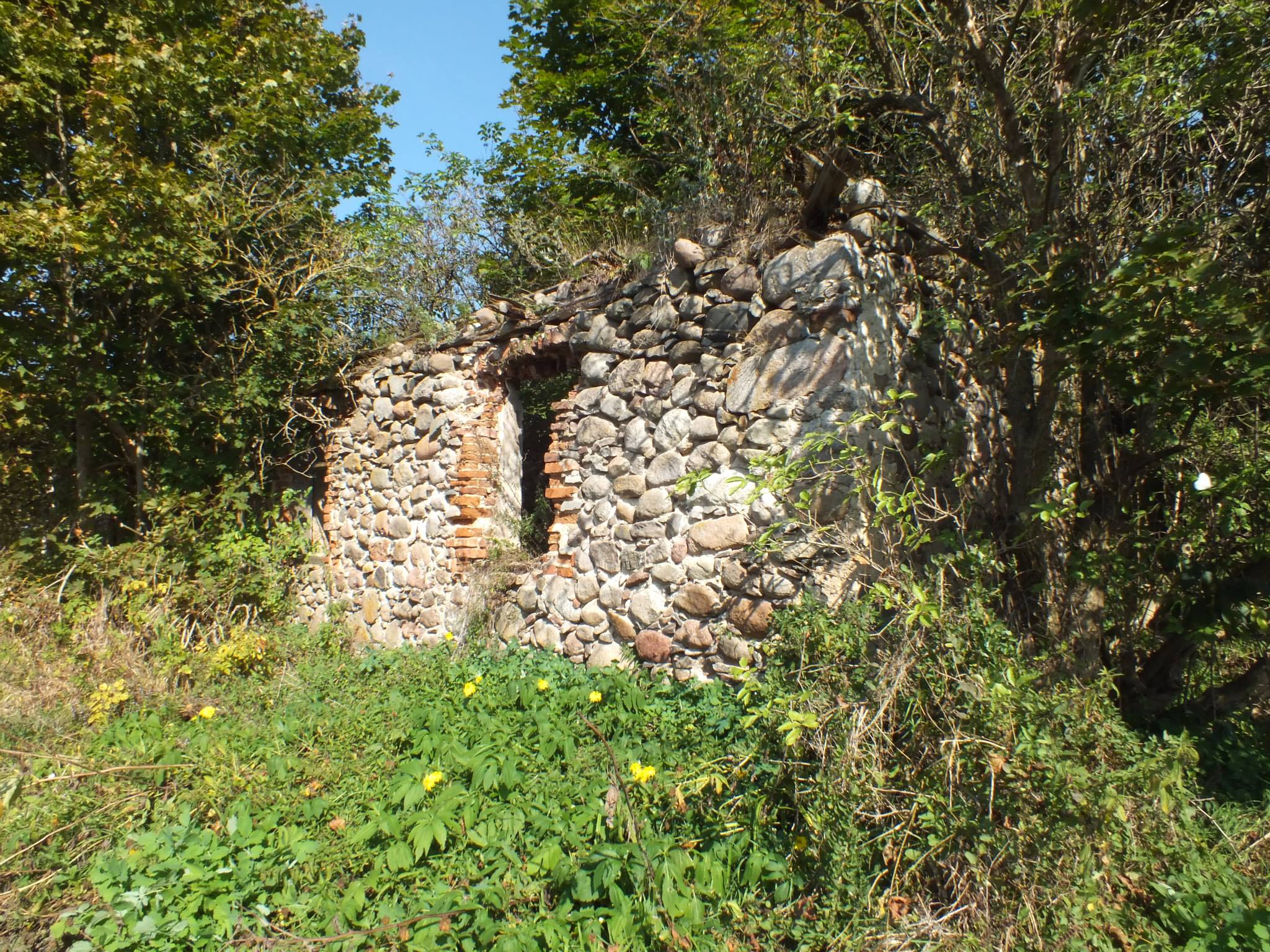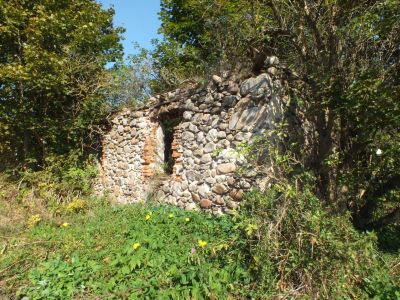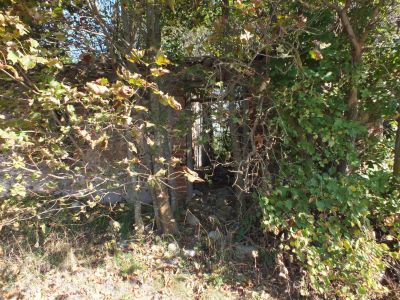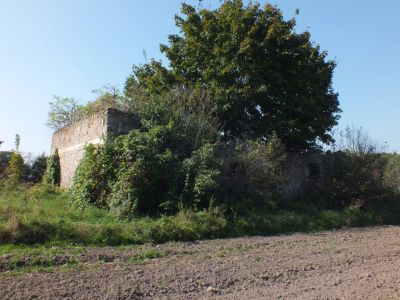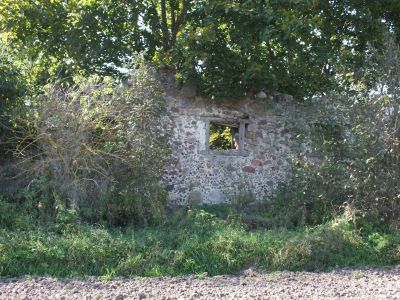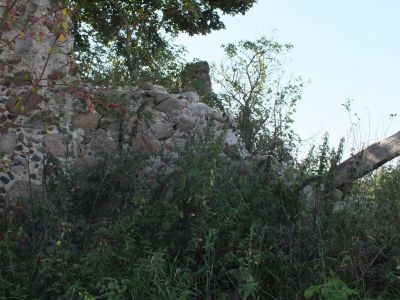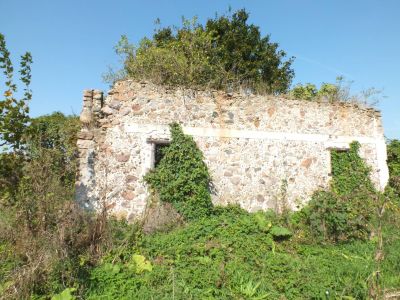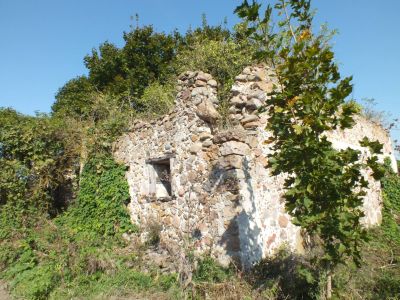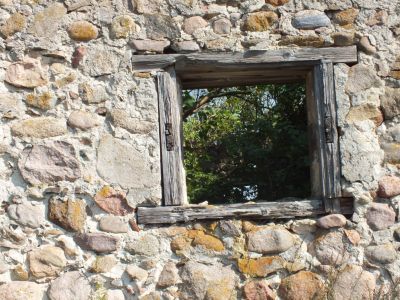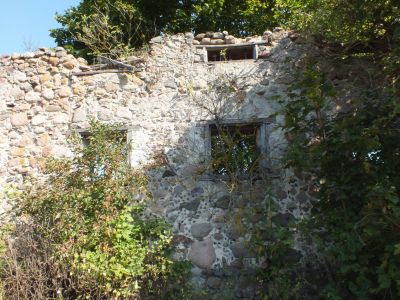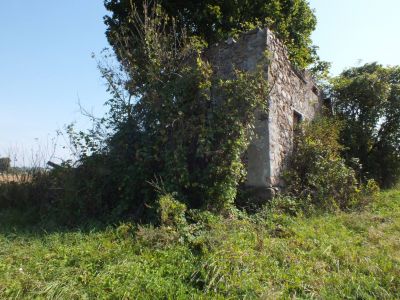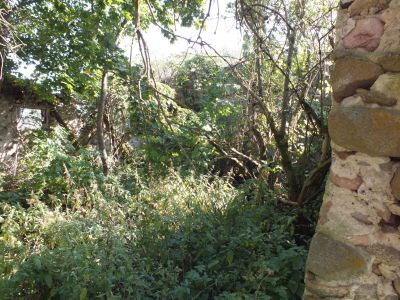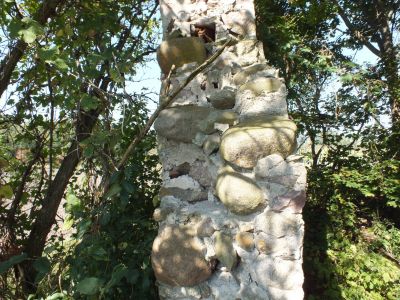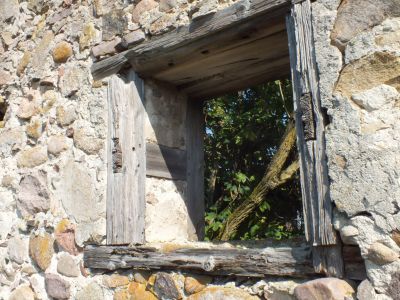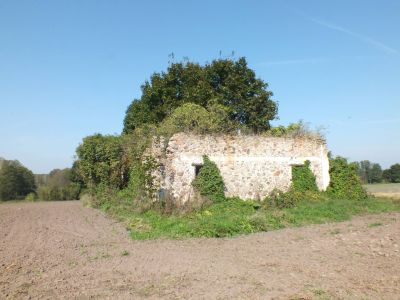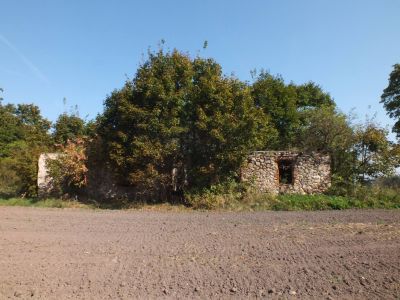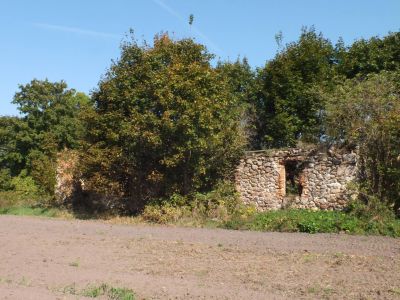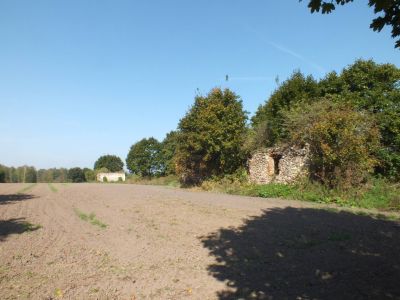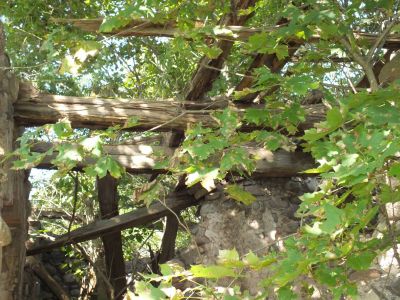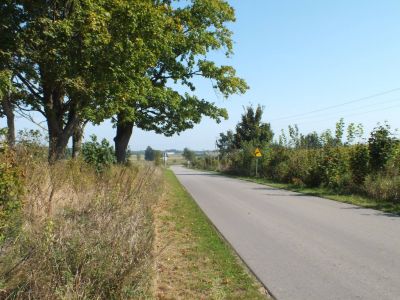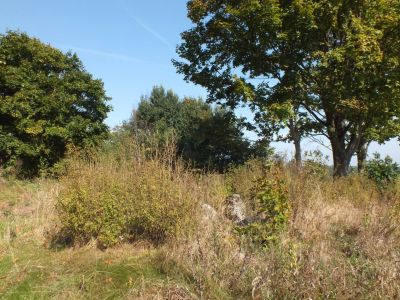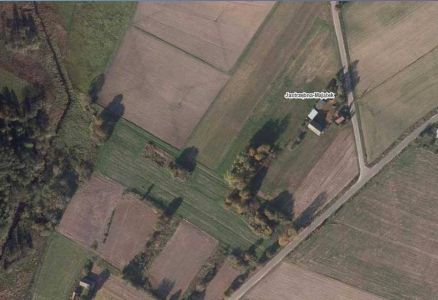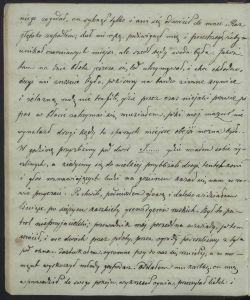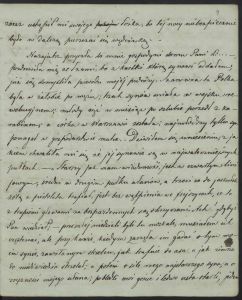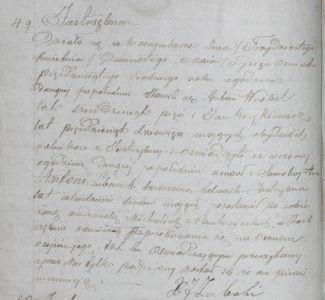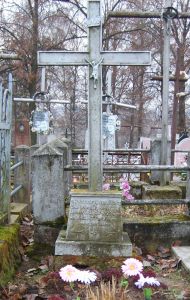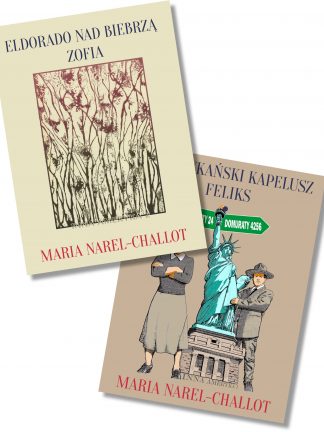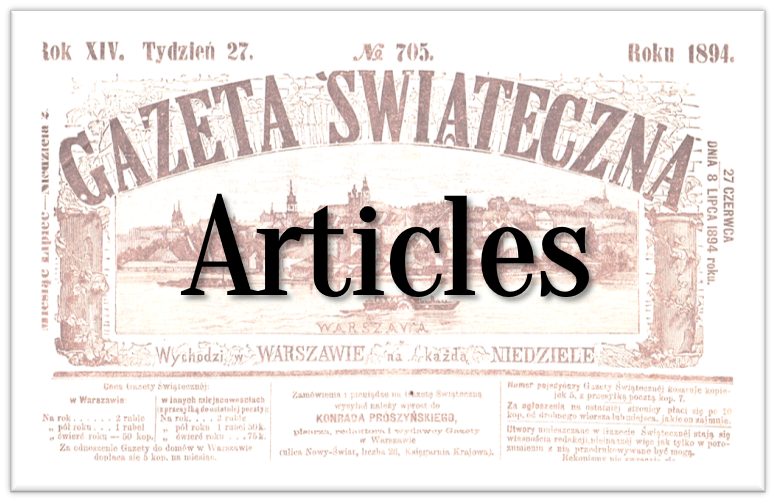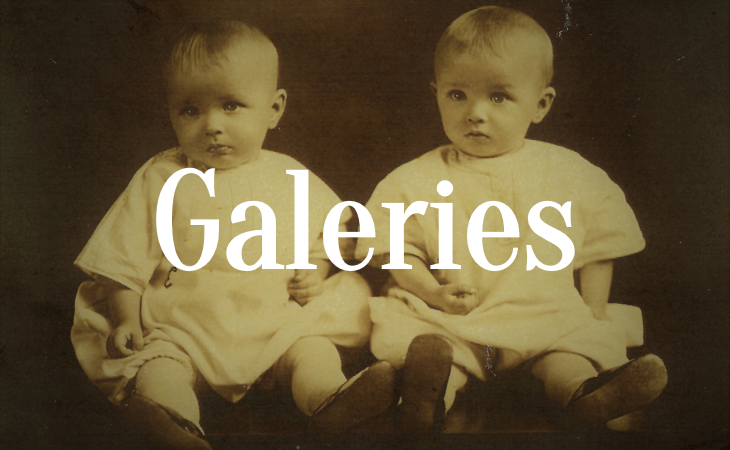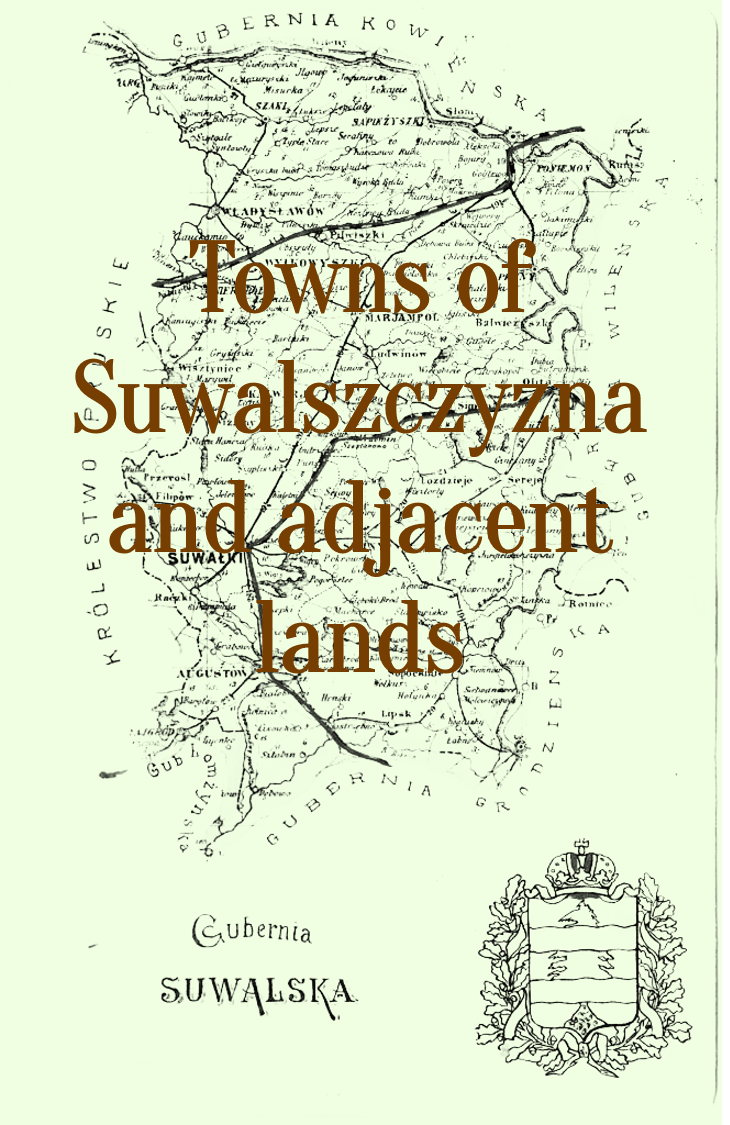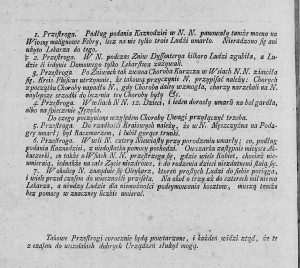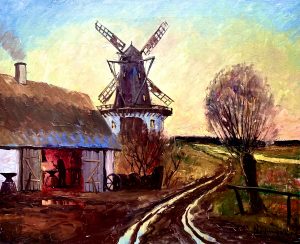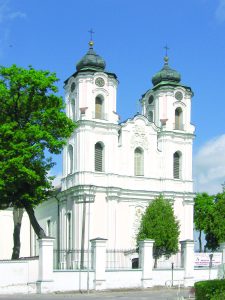Around 1745 on the Jastrzębianka River, on the site of the previously cleared forest by Buda Świerbutowo, Grodno Economy founded the Jastrzębna farm. It was founded on the salary of high officials of the Perstun forestry. In the years 1780-1784 the farm manager was Marcin Olizarowicz, a Grodno subordinate. In 1789, the farm was leased to the Bouffał family, and from 1792 to the Rohrs. In 1807, Wincenty Lubowicki, heir of the Słomkowszczyzna in the Hołynka commune, became the forestry head of the Balinka headquarters. He comes here with his wife Józefa née Stetkiewicz and three children. More children are born here.
When the uprising breaks out in 1830, the three sons of the Lubowicki family, Michał, Józef and Wiktor, join the insurgent units. In January 1831, Wincenty dies, leaving his wife Józefa and the youngest son Antoni. In April this year, Mrs. Józefa and her son help Ignacy Domeyce, emissary from Lithuania, to get to Dębowo. (he was hiding in Stanisław Andradzki's pemises, the mayor of the Dębowo commune). In May 1831, in the battle of Ostrołęka, one of the older sons, Józef, an officer of the Fourths, is killed, and the tsarist court sentences him in absentia (and posthumously!) to death during the November Night. It also implied the confiscation of property. Antoni manages to defend himself and remains on the lease.
Józefa Lubowicka dies in 1849, and this is also the year when the son of Antoni and Antonina nee Buchowicka, Zygmunt Michał, is born. Eight years later, on May 12, 1857, Antoni Lubowicki, the lessee of Jastrzębna, commits suicide ... What pushed him to such a dramatic act? It is not known. This ends the reign of the Lubowicki family in the Jastrzębna farm. The next tenants were Kazimierz Gicewicz, Maciej Sawicki, until 1915 Aleksy Swieczyn, colonel of the guard. From 1915, the property was leased by a certain Ejsmont. This year, a fire breaks out, some farm buildings and the manor house burn. After World War I, the tenants changed, the property was destroyed and required large expenditure. In 1944, the Russians set fire to the court yard and caught the Germans who were hiding there. During the land reform, the remains of the property were parceled out, the walls of most of the buildings were demolished, and the stones were used to build a road and a school in Krasnybór. Only fours remained, in which at the beginning there was a school, and later the teacher lived there.
Now there are only "miserable" remnants of the former glory of the Lubowicki estate.

